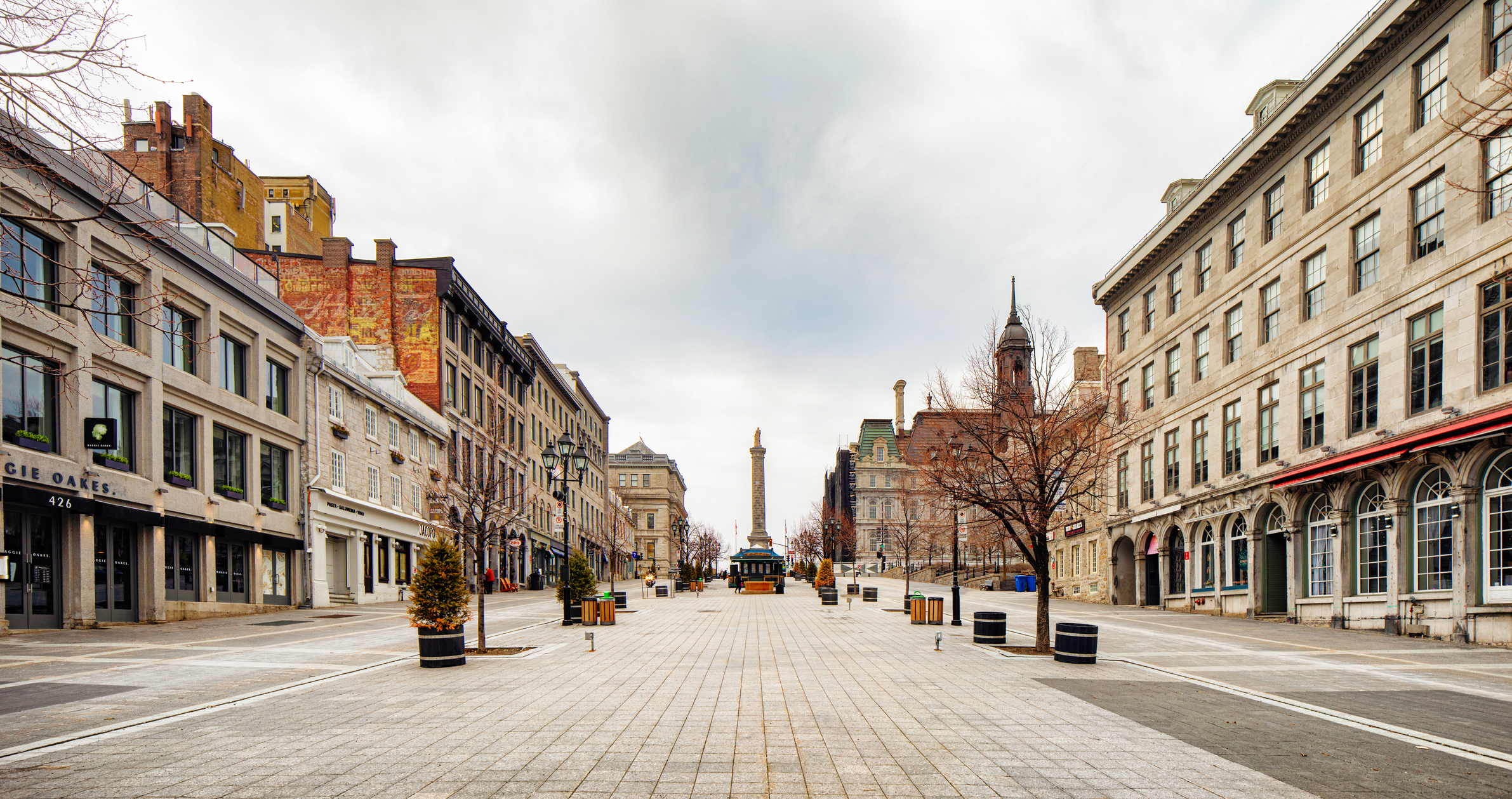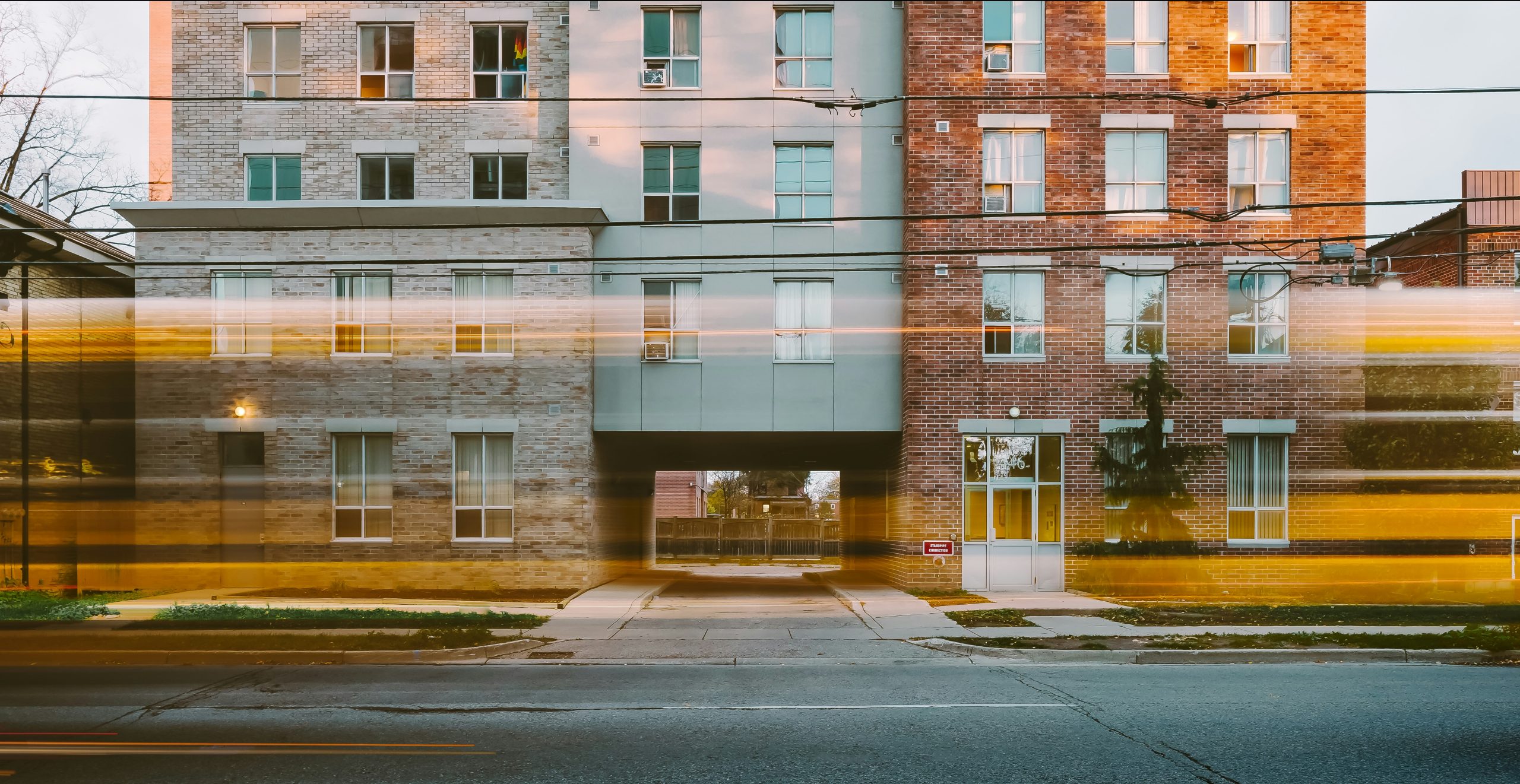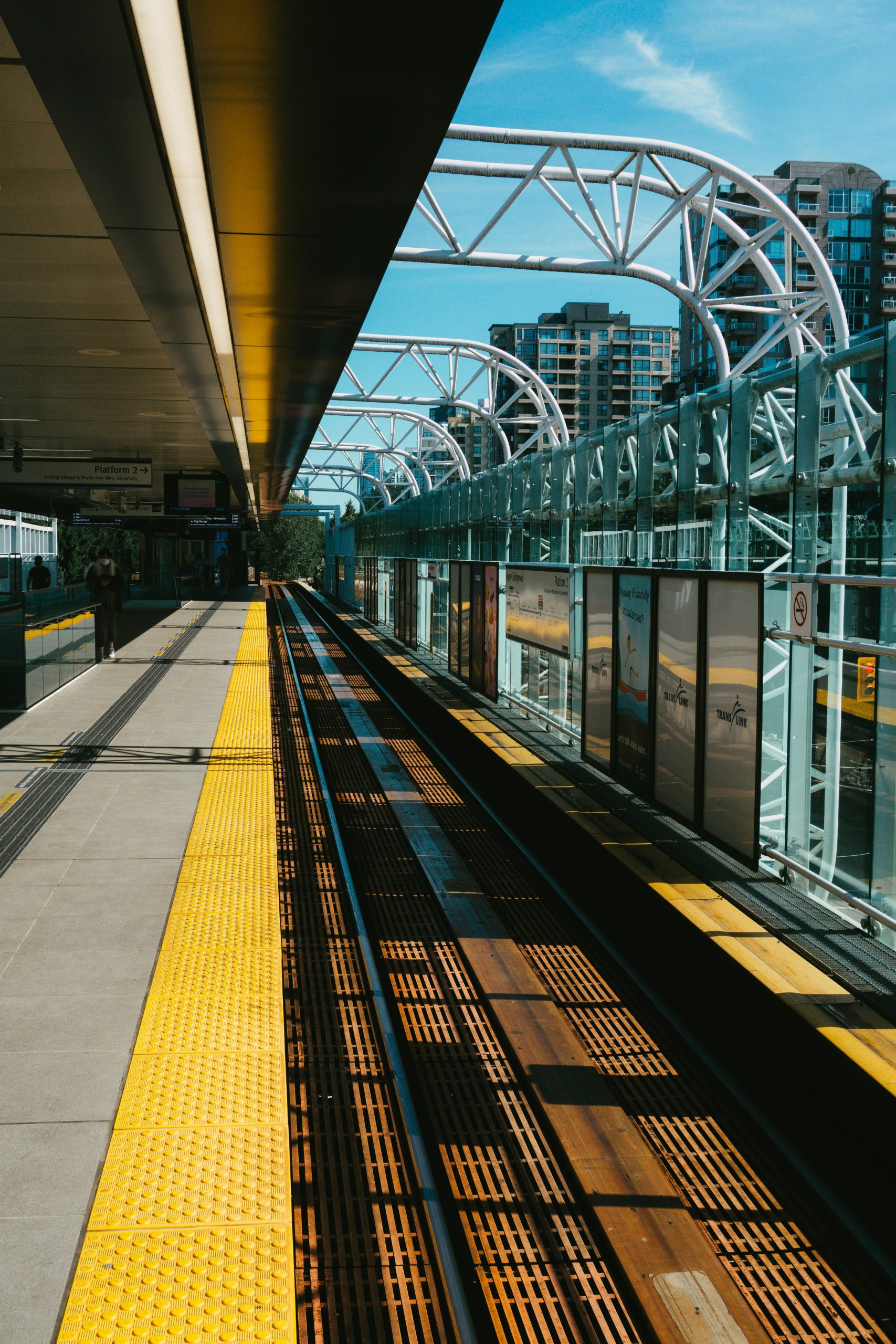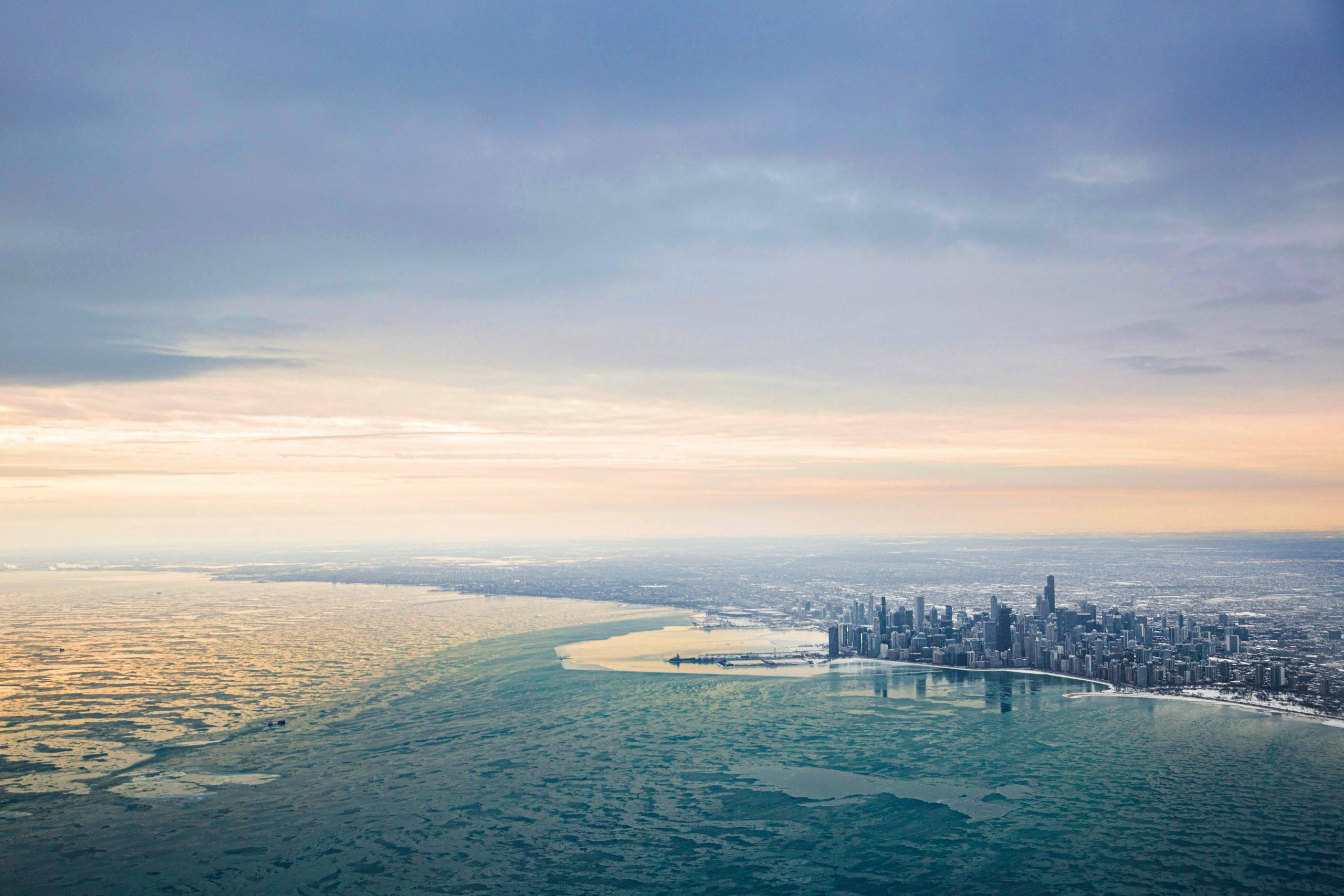Featured Guest
You’ll find this guest among our growing roll of Urban Champions.
-
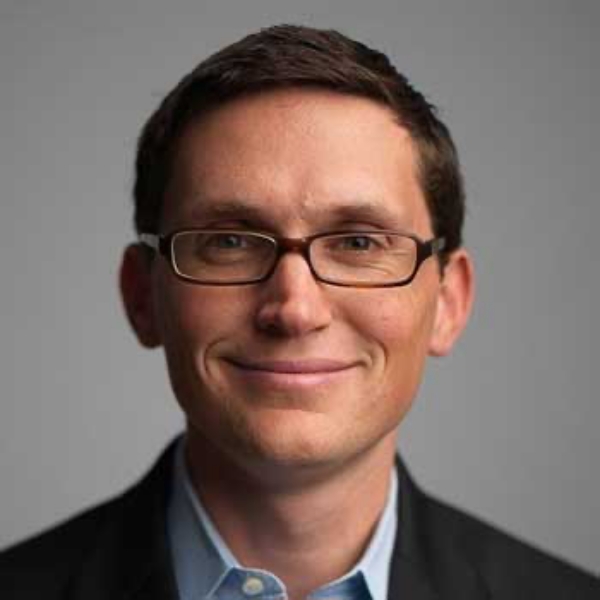
Sadhu Aufochs Johnston
Former City Manager of Vancouver
-
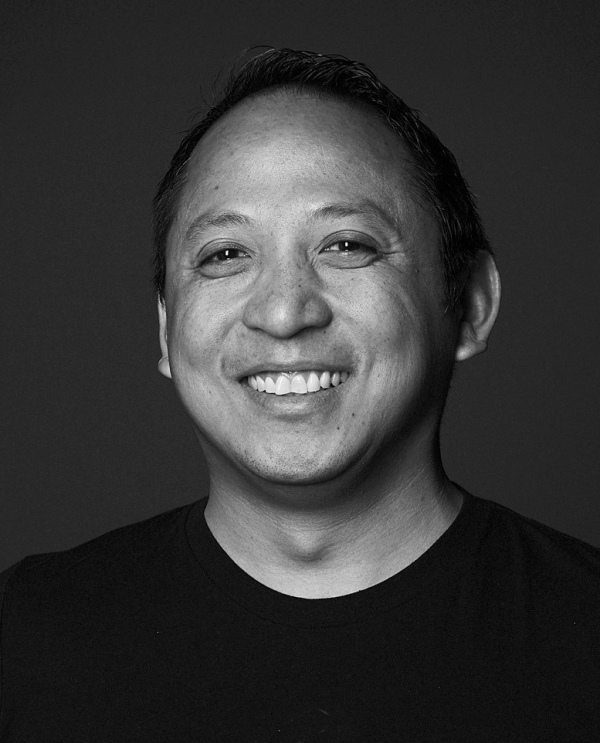
Ken Bautista
Co-Founder, The Public Food Hub Co.
5 Key
Takeaways
A roundup of the most compelling ideas, themes and quotes from this candid conversation
1. “Resilience is as much a process as an outcome. It must be built locally, block by block “
In the first 200 days of Covid-19, we have seen threats to local economies, main streets, and downtowns, as well as the continued deepening of systematic urban inequalities, and the failing long-term finance and governance arrangements for cities. A major threat looming over urban Canada is the pandemic’s second wave, which risks public health and safety, and amplifies these economic, social, and governmental pressures. As these conditions persist now and in the future we need resilience at a local level because that’s where urban Canada’s strength is.
2. COVID-19 has changed our connections to each other in our downtowns.
Ken points out that downtown retail and real estate business models were built around foot traffic and people physically working, shopping, and interacting with each other in their downtowns. Through COVID-19 businesses and organizations are evolving how they engage with customers—the question is not whether people are coming back to downtowns, but how. For example, restaurant owners are transitioning to create delivery options and packaged products. Innovation is often happening one project at a time, with the goal to connect to the local community as much as possible.
3. While finding quick solutions, we also need to slow down for deep restoration and social cohesion.
Accountability, moving in service of the public and learning during the pandemic are critical as we go forward. While we are rushing to solutions, the response needs to be mindful, which requires slower conversations to build trust with communities as people deal with mental health challenges. We should center healing and mental health and intersectionality in the practice of urbanism for deep restoration. The increased awareness of social equity and richness of conversations we have had in response to the Black Lives Matter civil uprising needs to turn next to the important work of relationship building.
4. Our cities are built on a colonial structure.
From laws to land tenure, colonialism is at the root of how our cities are built and how they still function. Cities have limited powers and revenue tools to handle urban crises like housing, poverty, and opioids, despite being on the frontlines of the response. Sadhu points out that partnerships between city governments, NGO’s, the private sector, and other orders of government governments is essential to eradicate these intersectional systemic challenges.
5. ‘Ethical rule-breaking’ as a way forward.
Jay points out that the rules and by-laws that govern our cities are often inequitable and move too slowly to support those most urgently in need of help. She urges that city builders should celebrate, highlight, and participate in ethical rulebreaking to address the profoundly inequitable challenges facing our cities and communities.
Additional Reading and Resources
CUI Signpost: 200 Days (CUI)
COVID-19 in homeless populations: unique challenges and opportunities (Conway, B., Truong, D., & Wuerth, K., 2020)
Gender and Intersectionality (Health Canada)
